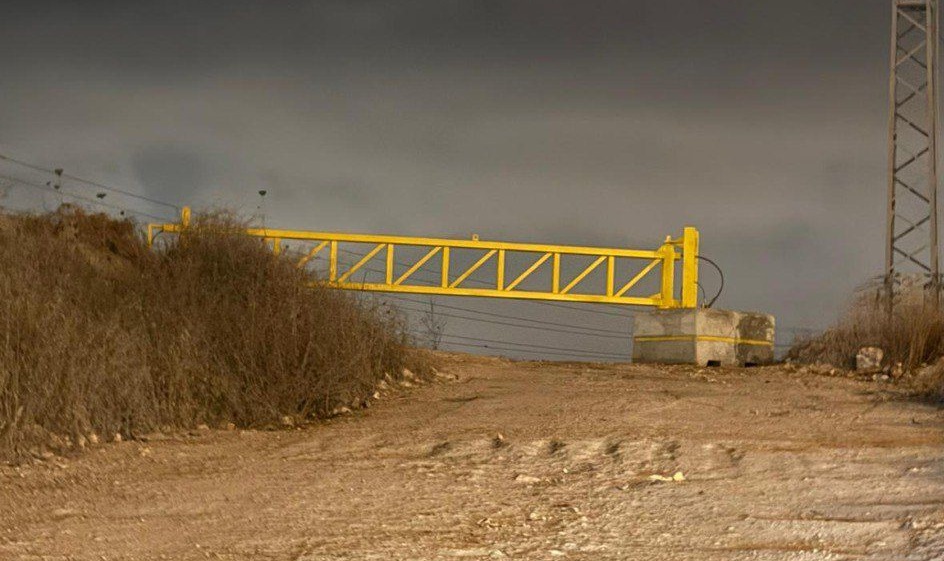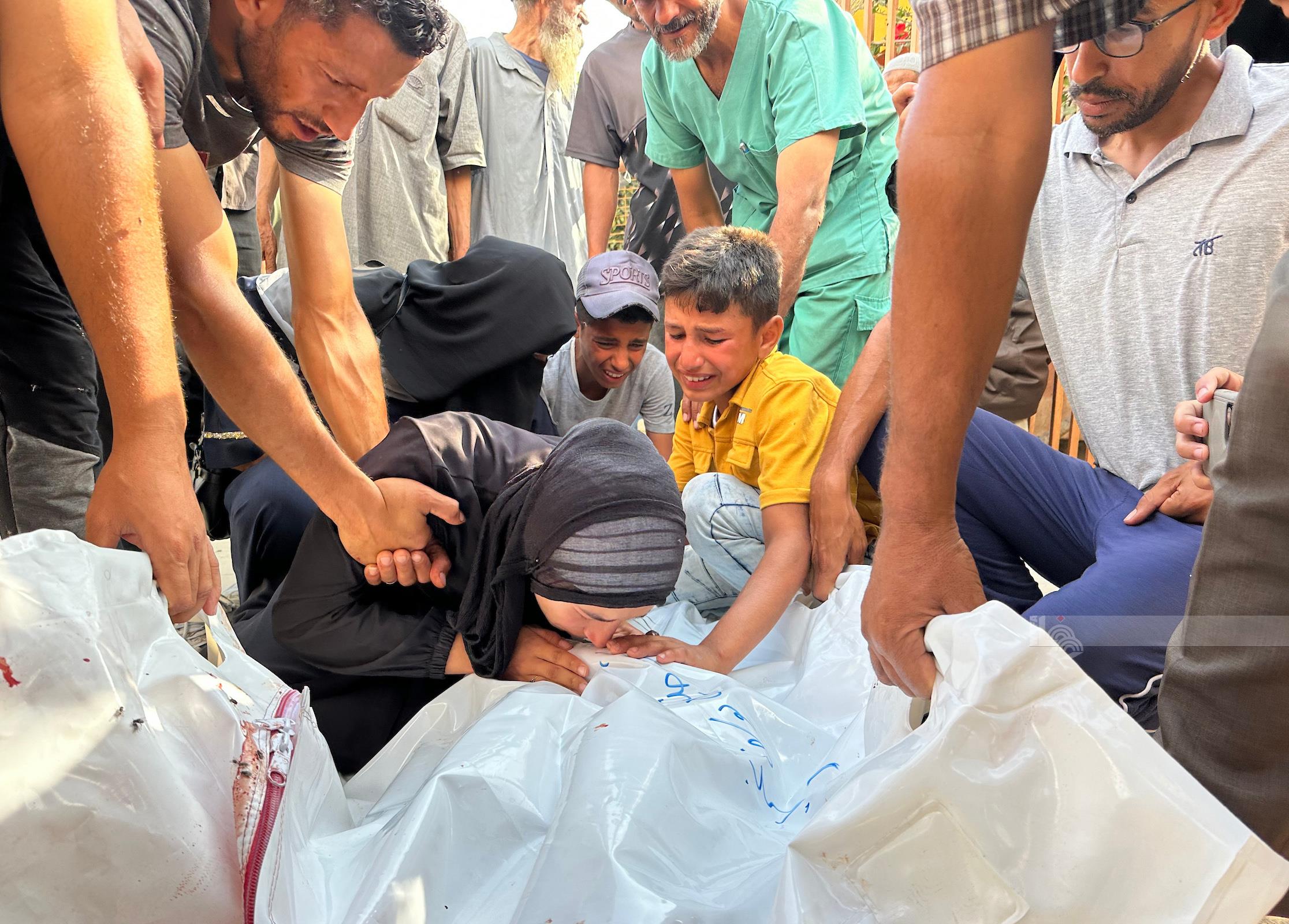JERUSALEM, Wednesday, March 27, 2019 (WAFA) – Gaza patient applications in February to cross Erez/Beit Hanoun border with Israel for health care outside the besieged enclave was the lowest since April 2015 or 24% lower than the monthly average of 2018, the World Health Organization (WHO) said in its monthly report on patient referrals in the occupied Palestinian territory.
It said 28% of the applications were for children under the age of 18 and 19% were for patients aged 60 years or older; 46% of applications were for female patients.
Three fifths (60%) of applications to cross Erez were for appointments in East Jerusalem hospitals, one fifth (20%) were for hospitals in Israel, and one fifth for West Bank hospitals (20%). Permit applications for the top five specialties accounted for more than 65% of referrals: oncology (32%); orthopedics (10%); hematology (8%); cardiology (8%); and pediatrics (7%). The remaining 35% of referrals were for 26 other specialties.
Israel approved 72% of the 1,637 permit applications, or a total of 1,182 applications (600 male; 582 female), the highest approval rate since February 2016. A third (32%) of permits approved were for children under the age of 18 and a fifth (21%) were for people aged 60 years or older.
A total of 118 patient applications (83 male; 35 female), or 7% of the total, were denied permission to cross Erez for health care in February. Those denied included five children under the age of 18 years and 16 patients aged 60 years or older, said WHO, adding that 28% of denied applications were for appointments in neurosurgery, 24% for orthopedics, 15% for ophthalmology, and 5% for oncology. In addition, 95% of denied permit applications were for appointments at hospitals in the West Bank, including East Jerusalem.
The reports said 337 patient applications (203 male; 134 female), or 21% of the total, were delayed access to care, receiving no definitive response to their application by the date of their hospital appointment. Of these, 78 applications were for children under the age of 18 and 41 applications were for patients aged 60 years or older.
Of those injured during the March of Return demonstrations, 25 permit applications (1.5% of the total) were submitted in February were for those injured during demonstrations. The approval rate for this group was significantly lower than the overall approval rate in February: 6 applications were approved (24% of the total); 2 denied (8%)
As of 28 February, according to Gaza’s Coordination and Liaison Office, there had been 499 applications to Israeli authorities by those injured in demonstrations to exit Gaza via Erez crossing for health care. Of those applications, 90 (18%) were approved, 139 (28%) were denied and 270 (54%) were delayed.
In February, two patients were called for security interrogation as a prerequisite to travel for health care: a 73-year-old man referred for cardiology and 29-year-old referred for neurology. Both were delayed, receiving no definitive response by the dates of their hospital appointments.
In February, there were 1,817 permit applications to Israeli authorities to cross Erez to accompany patients. These applications include parents or other companions applying to accompany children. Only one companion is permitted to accompany each Gaza patient and permits are conditional on security clearance.
In February, 1,040 (57%) patient companion applications were approved, 179 applications (10%) were denied and the remaining 598 (33%) were delayed, receiving no definitive response by the time of the patient’s application.
M.K.











